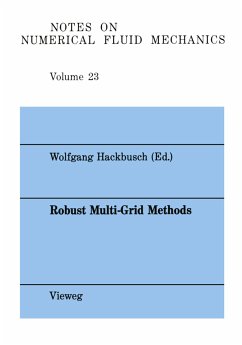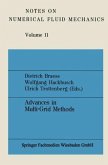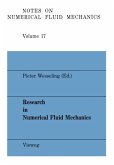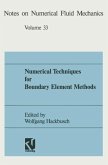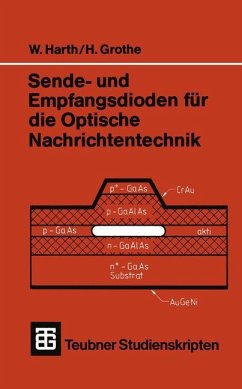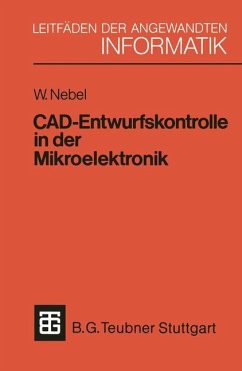In full multigrid methods for elliptic difference equations one works on a sequence of meshes where a number of pre- and/or postsmoothing steps are performed on each level. As is well known these methods can converge very fast on problems with a smooth solution and a regular mesh, but the rate of convergence can be severely degraded for problems with unisotropy or discontinuous coefficients unless some form of robust smoother is used. Also problems can arise with the increasingly coarser meshes because for some types of discretization methods, coercivity may be lost on coarse meshes and on massively parallel computers the computation cost of transporting information between computer processors devoted to work on various levels of the mesh can dominate the whole computing time. For discussions about some of these problems, see (11). Here we propose a method that uses only two levels of meshes, the fine and the coarse level, respec tively, and where the corrector on the coarse level is equal to a new type of preconditioner which uses an algebraic substructuring of the stiffness matrix. It is based on the block matrix tridiagonal structure one gets when the domain is subdivided into strips. This block-tridiagonal form is used to compute an approximate factorization whereby the Schur complements which arise in the recursive factorization are approximated in an indirect way, i. e.
Hinweis: Dieser Artikel kann nur an eine deutsche Lieferadresse ausgeliefert werden.
Hinweis: Dieser Artikel kann nur an eine deutsche Lieferadresse ausgeliefert werden.

